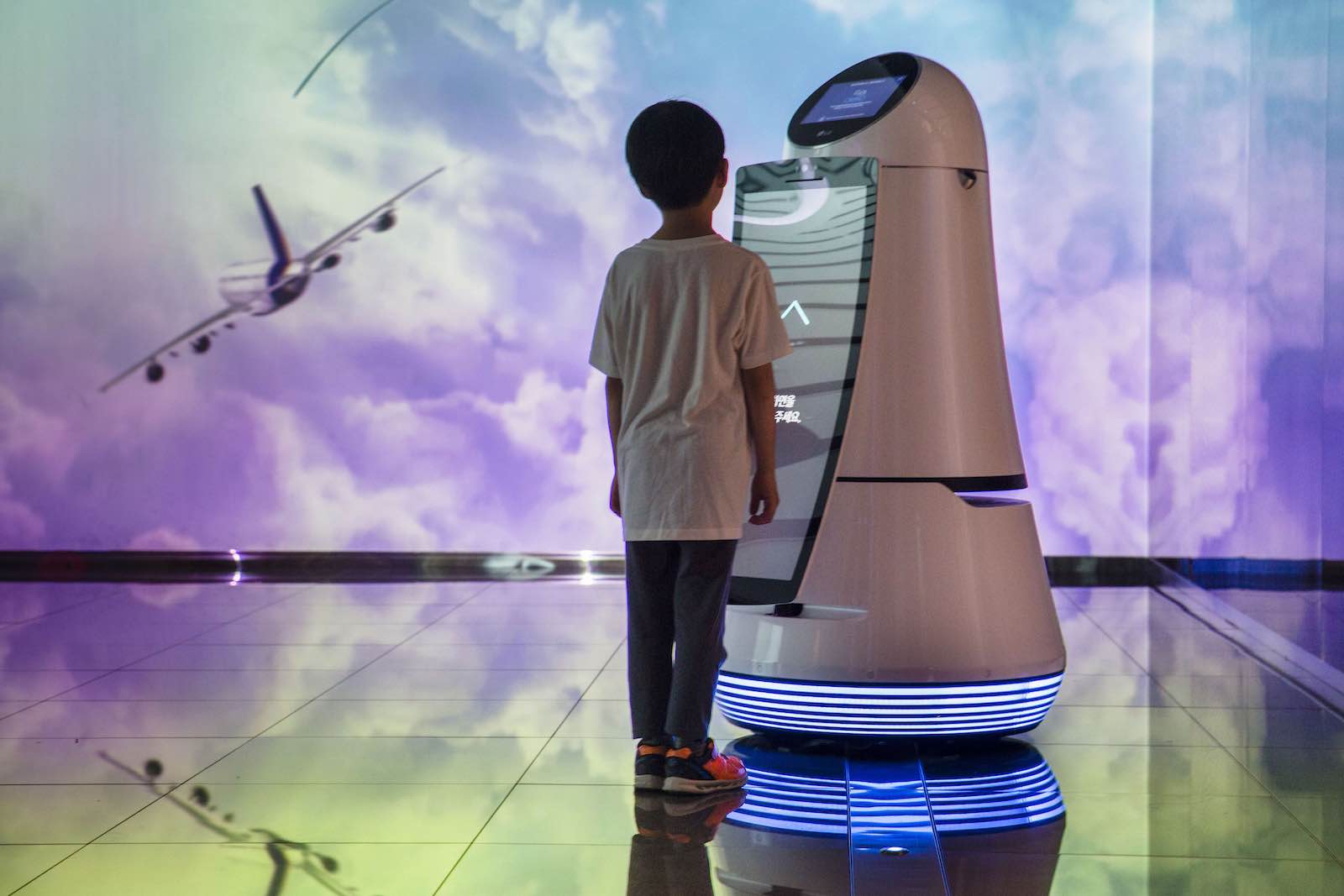South Korea’s science and information technology minister said Wednesday that the world must cooperate to develop AI as a worldwide summit on the rapidly expanding technology concluded
Wednesday, at the AI summit in Seoul, which the United Kingdom is co-hosting, issues including job security, copyright, and inequality were discussed. The day before, sixteen technology companies voluntarily agreed to develop AI safely.
Wednesday saw the signing of a separate pledge by fourteen companies, including Alphabet (GOOGL.O). Opens a new tab. To identify AI-generated content, Google, Microsoft (MSFT.O), OpenAI, and six Korean companies will employ techniques such as watermarking. Additionally, these companies will assist socially vulnerable groups and promote job creation.
In an interview with Reuters, Lee Jong-Ho, South Korea’s Minister of Science and ICT (information and communication technologies), stated, “Cooperation is not an option; it is a necessity.”

“The Seoul summit has added discussions about innovation and inclusivity and further shaped AI safety discussions,” Lee said. He anticipates the next summit will feature more collaboration on AI safety institutes.
The inaugural worldwide AI summit was inaugurated in November in Britain, with the subsequent physical assembly anticipated to transpire in France, presumably in 2025.
Wednesday, ministers and officials from several nations met to discuss the possibility of state-backed AI safety institutes cooperating to aid in regulating the technology.
Although some AI experts praised the initial efforts to regulate the technology, others stated that regulations must be enforced.
“We must move beyond voluntary; the affected populace should be influencing government regulation,” said Francine Bennett, director of the Ada Lovelace Institute, which focuses on artificial intelligence.
Max Tegmark, president of the Future of Life Institute, an organization vocal about the dangers of AI systems, stated that before their release, AI services should be validated to ensure they satisfy mandatory safety standards.

This would force businesses to prioritize profit over public backlash from unanticipated harm.



